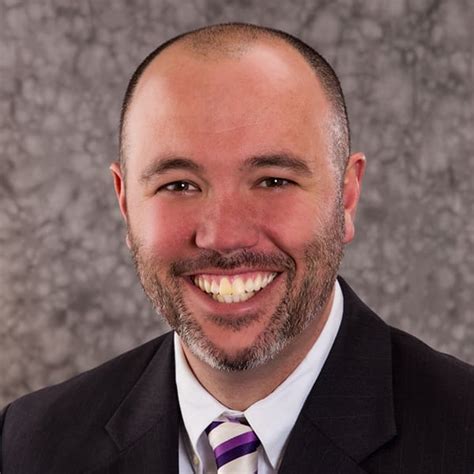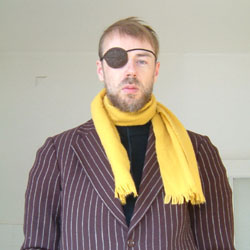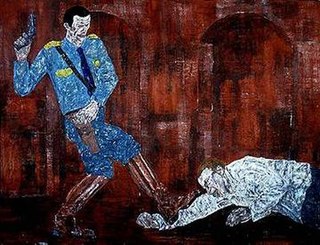A Quote by Jeanette Winterson
Language always betrays us, tells the truth when we want to lie, and dissolves into formlessness when we would most like to be precise.
Related Quotes
Brian Turner writes as only a soldier can, of terror and compassion, hurt and horror, sympathy and desire. He takes us into the truth and trauma of the Iraq war in language that is precise, delicate and beautiful, even as it tells of a suicide bomber, a skull shattered by a bullet, a blade in a bloodgroove.
We writers – and especially writers for children, but all writers – have an obligation to our readers: it's the obligation to write true things, especially important when we are creating tales of people who do not exist in places that never were – to understand that truth is not in what happens but what it tells us about who we are. Fiction is the lie that tells the truth, after all.
we need poetry most at those moments when life astounds us with losses, gains, or celebrations. We need it most when we are most hurt, most happy, most downcast, most jubilant. Poetry is the language we speak in times of greatest need. And the fact that it is an endangered species in our culture tells us that we are in deep trouble.
Suppose whether or not someone tells me a lie depends only on whether he wants to, but he is morally indifferent, he doesn't care much about the truth or about me, and his self interest, which he worships, tells him to lie, and so it comes about that given his psychology, it is a forgone conclusion that he will lie to me. I think in this case he is still blameworthy, and that implies, among other things, that he did something he ought not do.





































